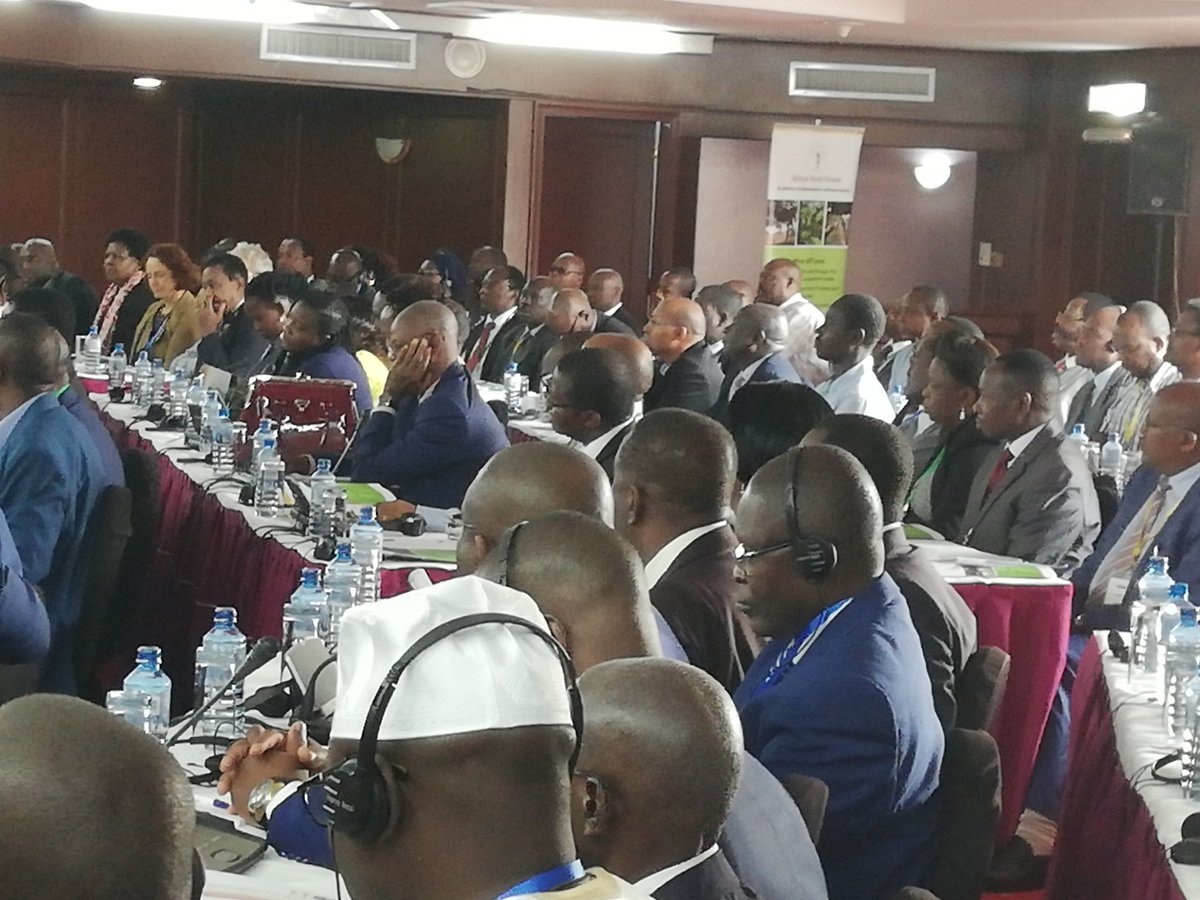
By Elias Ngalame
The African Forest Forum (AFF), in collaboration with the Network for Gums and Resins in Africa (NGARA), is organising a regional/national workshop and webinar on sharing of information and experiences on ‘national forest governance responses to the Paris Agreement.
According to a Press release by AFF, the workshop and webinar will hold in Douala from August 30-September 1, 2021 for Central and West Africa sub-regions and 6-8 September 2021 for Eastern and South African regions.
The release says the webinar is “on information sharing and experiences on national forest governance as a response to the Paris Agreement and the contribution of dryland forest resources in building climate-resilient communities in some Francophone African Countries namely: Benin, Burkina Faso, Cameroon, DR Congo, Mali and Niger .”
In line with the need to support African governments in addressing climate change impacts, AFF has undertaken initiatives to strengthen African forestry stakeholders’ capacity to respond to the Paris Agreement and related global climate change agreements and recommendations in the forestry sector in order to strengthen national forest governance, among other areas, the release stated.
African Forest Forum officials say that strengthening forest governance in Africa can best be achieved if the different stakeholders are better equipped with the knowledge to play their role.
‘Building capacities will permit policymakers to continually adjust to the ever-changing environment that affects forests” Prof Godwin Kowero, AFF’s executive secretary, said in a workshop recently in Kenya.
Against this backdrop, AFF conducted studies that revealed that though many African governments have signed, ratified or acceded to forest and climate change-related international agreements, their compliance to the provisions of the agreements has been limited.
AFF notes that “only a few African countries have taken steps to comply with the agreements. Moreover, the integration of the provisions of the agreements into national policies, plans and activities has not been systematic, and the approaches for doing so have been uncoordinated.”
Consequently, most African governments are yet to fulfil most of their international obligations on forestry and have not realised the benefits thereof.
In the light of this, African Forest Forum has also focused on strengthening the understanding of measures to increase the resilience to adverse climate change impacts among drylands communities focusing on gums and resins value chains, the release states.
The development of gums and resins value chains is considered as an alternative livelihood option to be promoted as a coping strategy to improve the resilience of climate-sensitive populations, especially women and the youth, for their improved wellbeing.
In fact, dry forests are endowed with different types of Acacia, Boswellia, Commiphora and other woody species exuding gums and resins (gum Arabic, frankincense, myrrh and hagar); and are also providing many socio-economic, cultural, medicinal and environmental benefits. However, underdeveloped markets and value chains and lack of financial capital and technical skills are key constraints in improving the gums and resins sector.
It is in order to fill these knowledge and capacity gaps that AFF, in collaboration with NGARA, undertook studies aimed at analysing the state of production, trade and marketing in gums and resins and assessing value chain actors’ capacity in selected producing countries. The findings from these studies will inform the improvement of Africa’s capacity to enhance the gums and resins value chains for improved livelihood outcomes in the context of developing climate change resilience of vulnerable communities, including women and youth, who depend on these resources and commodities for their livelihoods.
The AFF is a pan-African non-governmental organisation with its headquarters in Nairobi, Kenya. It is an association of individuals who share the quest for and commitment to the sustainable management, use and conservation of the forest and tree resources of Africa for the socio-economic wellbeing of its people and for the stability and improvement of its environment.
The main objective of AFF accordingly is to provide a platform and create an enabling environment for independent and objective analysis, advocacy and advice on relevant policy and technical issues pertaining to achieving sustainable management, use and conservation of Africa’s forest and tree resources as part of efforts to reduce poverty, promote gender equality, and economic and social development.












